Right... I've previously had this working correctly after about two days of slamming my head off my keyboard.... However, my SSD failed and I lost all my VM's and I dont remember what I did to solve this problem.
After doing some research, I've came to the conclusion that the issue is with Pycharm and how it does dynamic imports. Allthough, like I stated previously, ive had this working previously.
I've tried using recent and old versions of Pycharm and Python to no avail.
Does anyone have any idea of how I can fix this? This seems to be a commonly asked question on Google with no clear solution.
from scapy.layers.l2 import ARP as ARP
from scapy.layers.l2 import Ether as Ether
This is the solution I've found thus far. However, it would be helpful if this wasn't required and scapy.all could just be used as I have previously. If I ever find a solution to this myself I will post it here.
